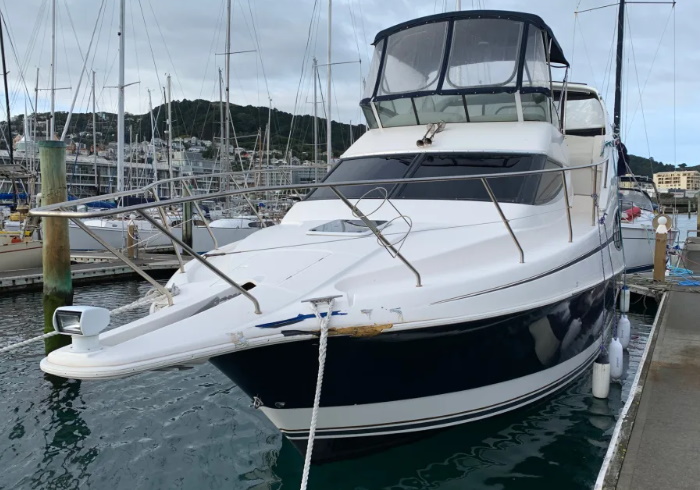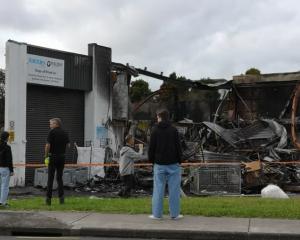
In 2019, the Wellington Organised Crime Unit and other investigators began looking into Kenny Leslie McMillan, who has been convicted of supplying drugs.
Detective Sergeant Sam Buckley said McMillan's operations were shut down that year and their target pleaded guilty to some of the charges laid against him. However McMillan denied other charges.
The case went before a jury, he was found guilty, and in 2021 was sentenced to 18 years in prison.
Asset seizures authorised two days ago
Then, on February 12 this year, the High Court at Wellington granted profit forfeiture orders for McMillan's assets, totalling $2.758 million.
"This order encompasses the profits made from his offending. It can potentially lead to future assets identified as belonging to McMillan also being seized," Buckley said.
Of the items that could be seized, police have now taken almost $340,000 in assets, including cleaning out bank accounts containing nearly $168,0000, as well as taking cash, three vehicles, and a 42-foot launch boat.
Police said they had also taken a Ralph Hotere artwork, and jewellery - including a Hublot watch they estimate could be worth $50,000.
The syndicate's activities
Buckley said the police operation targeting McMillan's "drug dealing syndicate" was named Superdry.
"McMillan ... would arrange for methamphetamine to be sourced from Auckland and transported to Wellington in cars with secret compartments customised especially to conceal the drugs.
"McMillan concealed drugs in inner city parking buildings, where they were exchanged for cash."
An associate, Robert Jason Taui, was also convicted for taking part in the exchanges, Buckley said, receiving a sentence of nine years and one month in prison.
"A profit forfeiture order of $1.38 million was also made against him," he said.
The assets seized from Taui included motorbikes, vehicles totalling nearly $54,000 and cash.
Police will keep going after assets, to prove crime doesn't pay - Buckley
"One of the primary reasons that organised crime exists is to make money," Detective Sergeant Sam Buckley said.
"The profit forfeiture orders issued in these proceedings demonstrate the full extent of criminality and amount of unlawful benefit received by the offenders. The Criminal Proceeds (Recovery) Act investigation established the assets of both McMillan and Taui were derived through illicit means, allowing them to live a lifestyle beyond legitimate means.
"Property to an equivalent value can then be sought for forfeiture regardless of when or how it was acquired."
Police would continue to go after organised crime and the profits from it, using both criminal courts and civil courts, he said.
"Organised crime and gangs cause serious harm to our communities and police will continue to work to strip organised crime groups and their associates of their illegitimate wealth. This result will have a direct impact on the perception that those who commit crime can profit from it."













